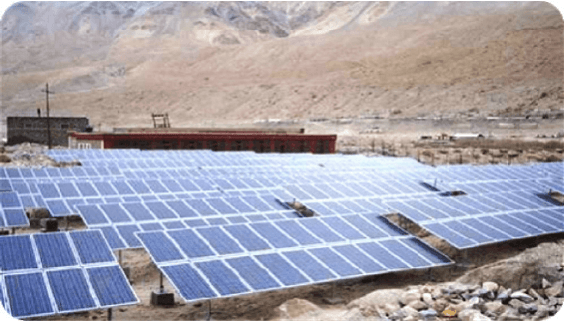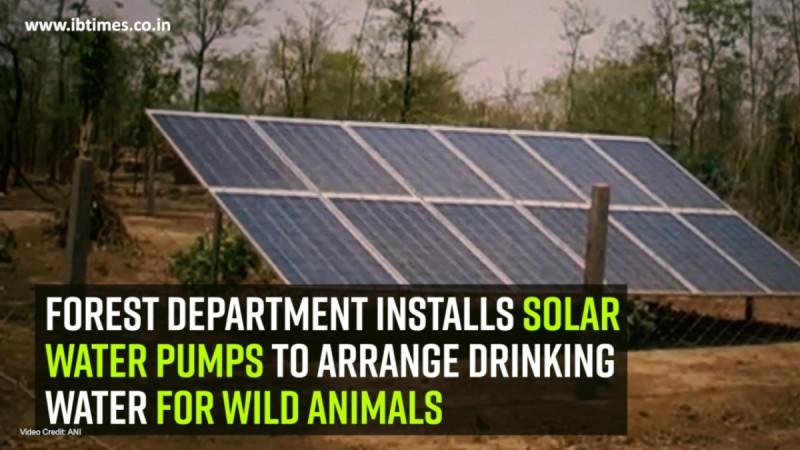Jammu and Kashmir is on a mission to become one of the largest clean energy-producing Union Territories (UTs) in the country to reduce dependency on conventional sources of energy and enable the UT in attaining self-sufficiency in its energy needs.
J&K Government recognizes that renewable energy can also significantly increase J&K's and the Nation's energy security.
To achieve this milestone, the work is going on to implement the Government of India's Grid-connected Rooftop Solar Scheme, Phase-II for the residential sector in Jammu to ensure that the electricity needs of the city are fully met from solar energy.

An official spokesperson of the J&K government on Wednesday said that under the project, 200 MW grid-tied rooftop solar power plants will be installed on 50,000 residential buildings in Jammu city by the Jammu and Kashmir Energy Development Agency (JAKEDA) under its "Solar City Mission" at an estimated cost of Rs 1040 crore. The project will be completed by March 2024 and will have a lifetime of 25 years.
The Rooftop Solar Programme will provide subsidized installation of solar power panels on residential houses at the cost of Rs. 58,739, Rs. 53,995, Rs. 52,594, and Rs. 51,309 for different categories.
Subsidy to install solar panels on roofs
The official spokesman said that the Central Sector Scheme provides a central subsidy component of 40% of the project cost and a state subsidy component of 25% of the project cost for the installation of solar power panels, below 3 KW capacity, beyond which the central subsidy component remains at 20%. The subsidy is provided to the beneficiaries through the DBT mode.
The official further said that these rooftop solar power plants will be connected to the grid on a net metering basis. The investments made by the beneficiaries will be recovered at a rate of 25% annually on account of the saving of energy, with a payback period of approximately four years.
With the implementation of the project, J&K will benefit from the generation of approximately 280 million units of energy annually, with a corresponding reduction in carbon emissions of approximately 5.44 million tons, besides reaping gains from savings on account of inter-state transmission losses to the tune of 224 million units, he added.

375 solar pumps to be installed in 2022-23
J&K has a good potential for solar energy and the renewable energy capacity would help to bridge a part of its power requirement. Under the new budget in PM KUSUM Scheme, 375 Solar Water Pumps will be installed in 2022-23 providing electricity benefit to 47,159 souls, direct agriculture benefit to 18,750 souls, and indirect agriculture benefit to 160,000 souls.
Prime Minister Narendra Modi inaugurated a 500-kilowatt solar power plant at Village Palli of Samba which will make it India's first "carbon-neutral" Panchayat.









